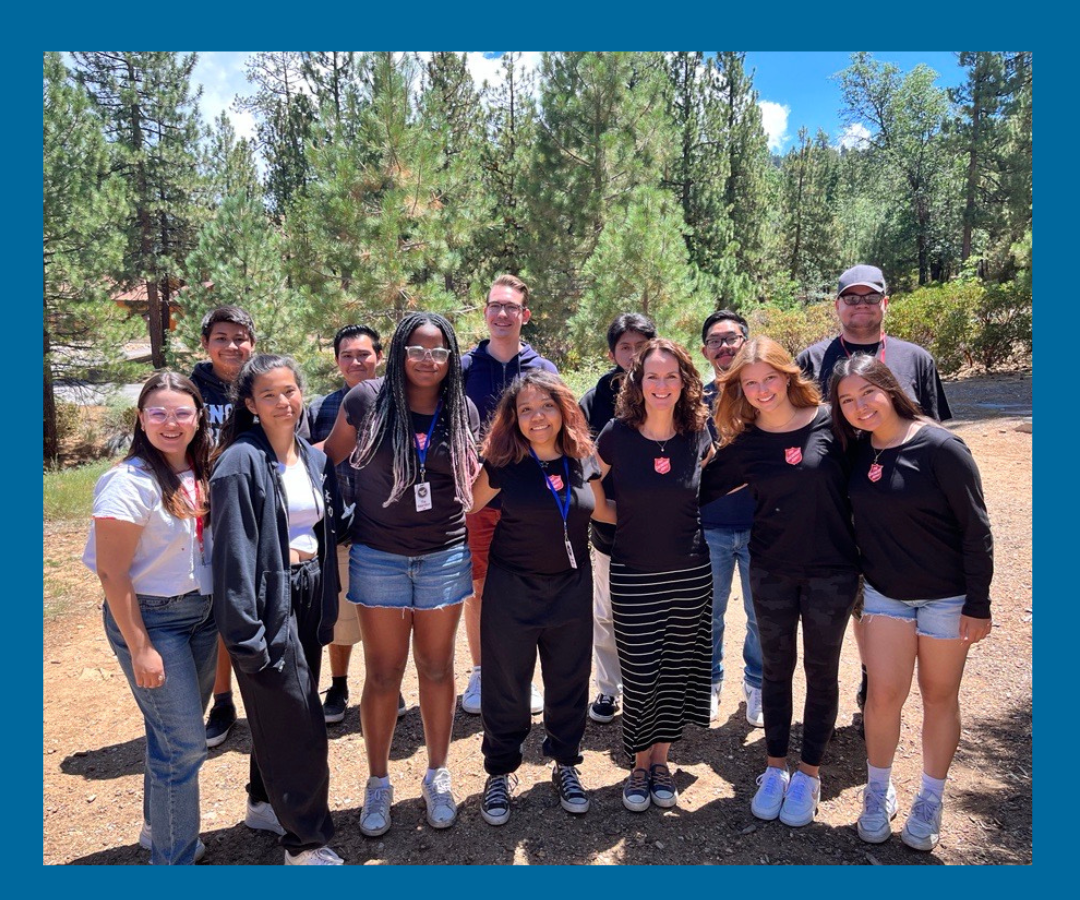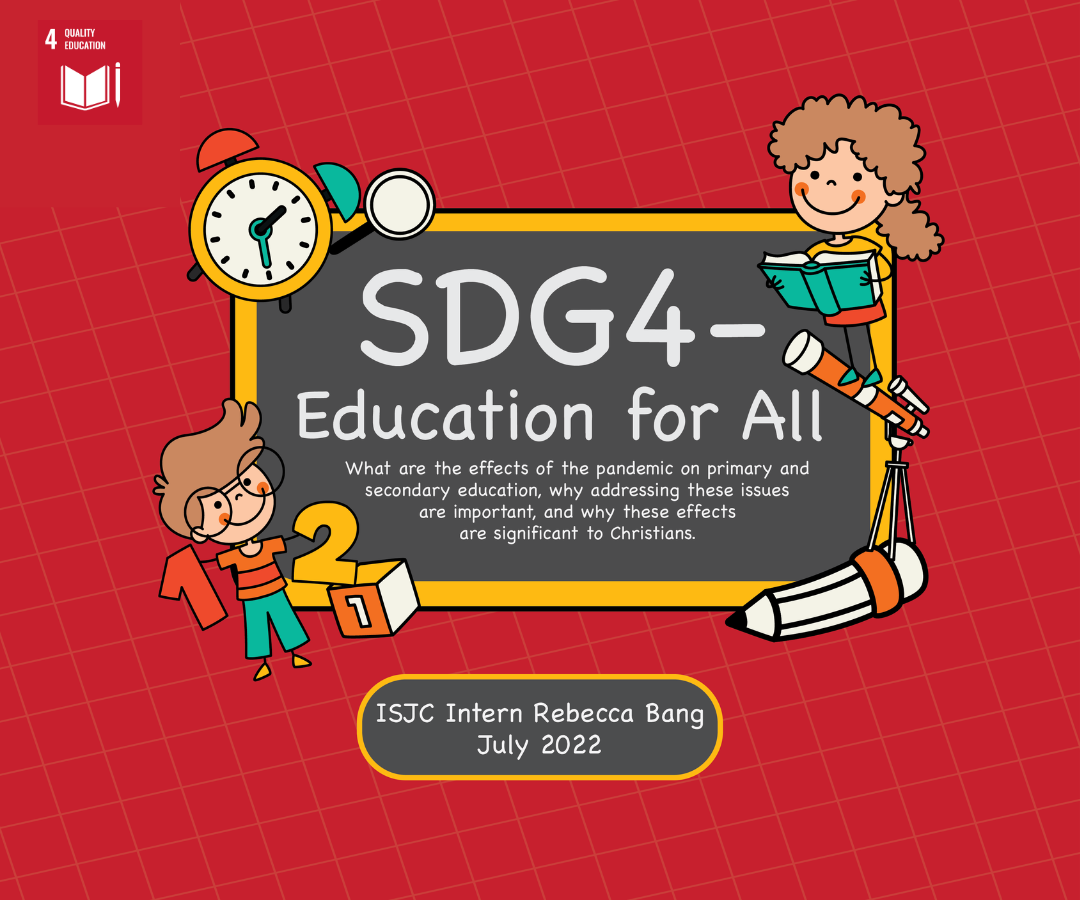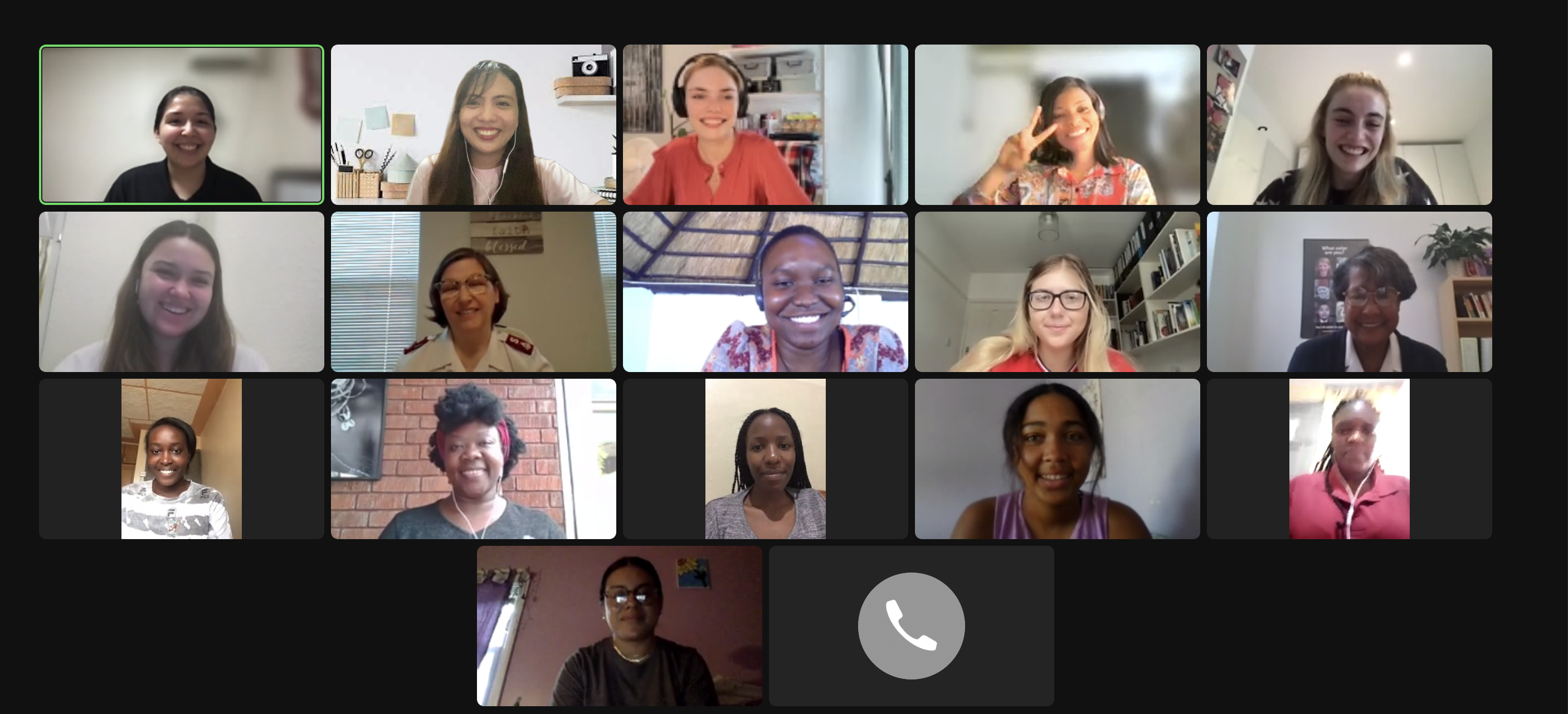×
Interview with Colonel Wendy and Ian Swan
As told to Content and Resource Development Intern, Isabel Fairclough
Hear from the new directors of the ISJC about how their international experience has prepared them for this position, the role of justice, partnerships, and youth leadership, and how ice cream can transcend generations.
ISABEL: How have your previous appointments equipped you for this role?
COLONEL WENDY:
Well, we certainly have international experience of 26 years. So, we have a broad understanding of the International Salvation Army as well as some of the global needs in various contexts, as well as working with international leaders and some of their concerns.
COLONEL IAN:
In addition, I would say being part of the international leadership group, we are aware of some of their priorities, challenges, and constraints. The question for us is how does the International Social Justice Commission (ISJC) speak to some of those issues? Resourcing? Encouraging? As well as bringing, perhaps, the larger stakeholder comments from the United Nations and other partnerships.
COLONEL WENDY:
In other words, that the ISJC is a global representative body of the Salvation Army, and because of our global experience, we believe that many, if not all, of those experiences have brought us to this particular place.
COLONEL IAN:
We also believe very strongly in the sovereignty of God, in his wisdom for the process of appointments and experiences. In hindsight, we've always seen how he has prepared us for that. I think at this point, because we're still very much in orientation and a honeymoon period, ask us in a year’s time. We'll have a better understanding of what experience we've had in past ministry and service that have prepared us for this particular task. But I think we both hold very strongly that God places us in environment for which he's prepared and he has a task for us to do. We have to work through the discernment of what that is and to be it aligned with his strategic plan.
COLONEL WENDY:
And that nothing is ever wasted, every experience prepares you for the next appointment.
ISABEL: Why do you believe the work of the ISJC is important?
COLONEL WENDY:
I see it as an extension of the work that the global Salvation Army is already doing. And I would say all the appointments, which we've held individually and together, have always been about social justice. For us, social justice is never limited to a particular issue or a concern. It comes out of our understanding of salvation, out of holiness. You know, we are involved in community because we believe God asks us to partner with him to make a difference wherever we are. So, I think for us this becomes an opportunity to speak in at a global level, what we've been doing for many, many years. This is nothing new to us.
COLONEL IAN:
I would add to that that, I think the presence and voice is a continual reminder that our biblical theology states that salvation and justice are intertwined. God never speaks in Scripture about one without the other. So having a physical, concrete expression of that, whether it's the offices, or the senior team members, or ourselves in a room, it's a reminder again to the global Salvation Army. Don't get lost in the details. That happens very quickly and particularly for leadership when you're dealing with, you know, maybe 80 crises that morning. To go into meetings where you're saying, “OK, the ISJC is here. What have I been doing on a macro level to express our theological position?” We believe the transformation of the world is God's intention. He calls us into partnership to do that. We often don't use that language and it's good to have someone or a resource from the department that reminds us that is how God speaks. God says in some points I love your singing and dancing in big meetings, but I really want mercy to flow like a river. I need to hear justice. Poverty alleviation. Windows helped. I think the Salvation Army, church, the world needs to hear that language expressed more frequently.
COLONEL WENDY:
And that that language is really what frames who and what we are. As Colonel Ian has already said, all of us get bogged down in the detail, the urgent, the crisis, the whatever. So, the place of the ISJC is not only to speak into the lives of Salvationists on a global level in terms of “Hey, remember this is how we frame why we do what we do”, but equally the Salvation Army having opportunities to speak to stakeholders, communities and NGOs, and the world to say “The world as it is, is not the world as it should be”. It's a two-way street, so to speak. So, I think we see a dual responsibility there, which was articulated at the very opening of the ISJC.
ISABEL: What are you most looking forward to in this appointment?
COLONEL IAN:
Cannoli and ice cream, (laughs). I think I can start. Before arrival, and even after we had received the appointment, I was very excited to know the possibility of joint conversations, and that's not only in the UN. I mean, we've just spent the last two weeks at the High-Level Political Forum hearing articulate individuals representing their countries. Obviously, we're hearing agendas and bias and presentation, but it's a privilege to be exposed to that, to engage with that. I look at having a different set of global conversations internally as opposed to “We're representing Zambia” or “Representing Hong Kong, China and Macao”. We are now part of an IHQ team, we're representing larger agendas. It's already a privilege to speak with leaders at various levels and on various teams. I'm looking forward to more ecumenical conversations, like I might have had in Zambia. There was a certain amount of that, and even in Hong Kong. But I’m very acutely aware that we can sometimes think we're the only ones saving the world, and no God is asked a few others to join us as well. And in that unity, God is developing, translating, and continuing his plan of redemption. So, the conversations for me are what I'm already engaged in, stimulated, and energized byand I'm looking forward to more of those as I began to understand the deeper levels of partnerships.
COLONEL WENDY:
For me it is about exploring and developing, not only existing partnerships, but potentially new partnerships. And how do we, as a global Salvation Army, on a variety of levels, but equally as an individual Salvationist, how do we explore those partnerships? Because it's not only what we are able to do in immediate community, but also how community affects us. We're changed too. So, I'm looking forward to learning more about that, but also exploring and working within partnerships. Who are, in many cases, just as committed to changing the world as we are. We're seeing some of that already at the UN Chapel services and things recognizing once again. And we tend to forget that sometimes as a Salvation Army because we are so visible. We forget that partnership begins with God, and then it's with each other.
COLONEL IAN:
I think the other piece for me is intergenerational conversations. One of the things I was excited about was hearing that, alright, there are large group of younger individuals. Let's not put ages around (laughs). I get very encouraged and stimulated in conversations with our son and daughter. And occasionally when they'll say, “We're not interested in that question. Our generation has already answered that and shelved it. That's an old generation conversation.” I'm excited by the passion I see, and the energy, the enthusiasm across the various streams of work. Sometimes in leadership you get isolated. We have to work very hard to talk to young professionals, university students, because there are other interested groups that obviously have their agendas, right. So, I'm, I'm excited to hear what is the present youth leadership. I know we often talk about next generation. No, we can't wait for this next generation concept. They're already leaders in context, and situations, and positions, and you're bringing in energy. And I like very much what I see in documents and even the UN, “Let's hear the youth voice now.” And there was a speaker last week that said we're trying to speak for the next generation, and they were talking about the unborn youth. We're making decisions today that they have to live with. We're the closest to them. You're even further away. So how would you even begin to understand? So, I think that process has always intrigued me. I know there are cultures in context that try to think three generations. There's a decision we're making today, What's the impact? I'm excited by what I'm seeing in the office already. We've got young people saying “This is what we think this is what we care about. How do we change that agenda? How do we move the focus forward?”
COLONEL WENDY:
And how that's balanced with experience and acquired wisdom. So that together it's not about, for me, replacing one with the other, but it's “Together, how do we do this?” because that's the community piece, right? We learn from each other. We grow with each other. Which hopefully is what happens at a corps level and a community level, but it needs to happen at the global level as well. So, I agree, I think that's a huge piece moving forward. You've got two university professors here and so we're used to working with, thinking with, young adults. Who not only have passion and energy, but critique and analyse, and are concerned about not only the present, but the future of the world, which to me is what Christianity is all about.
COLONEL IAN:
And my experience tells me that ice cream and cannoli’s help with that a lot. We all seem to love ice cream, doesn't matter how old you are.

 Updates
Updates















